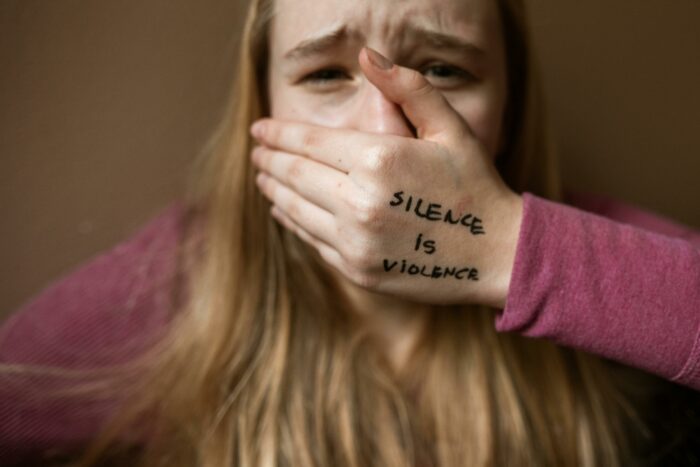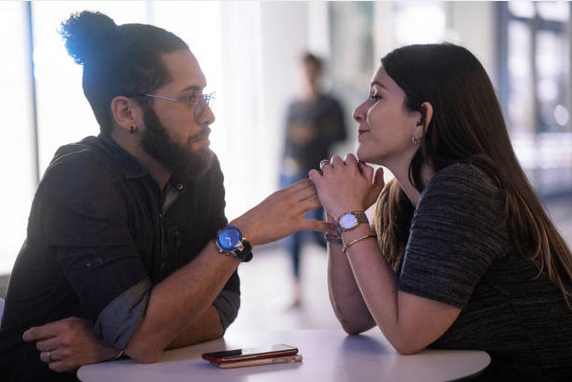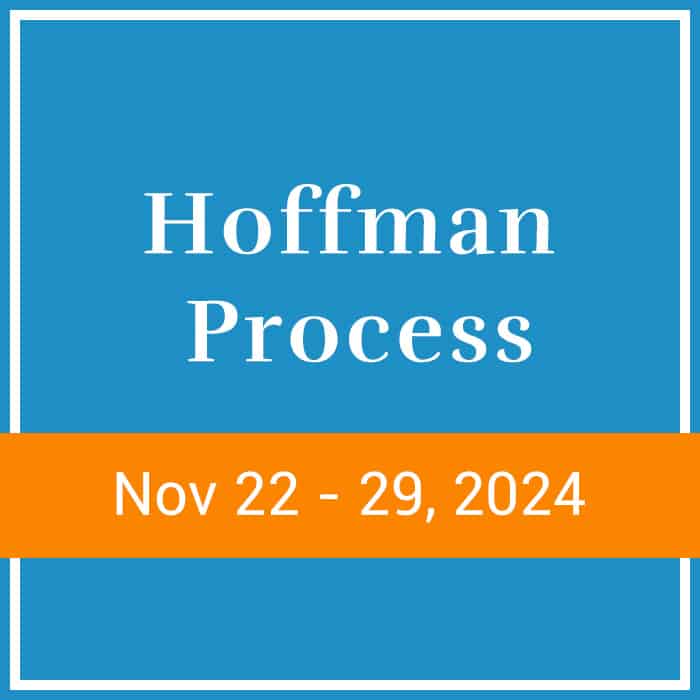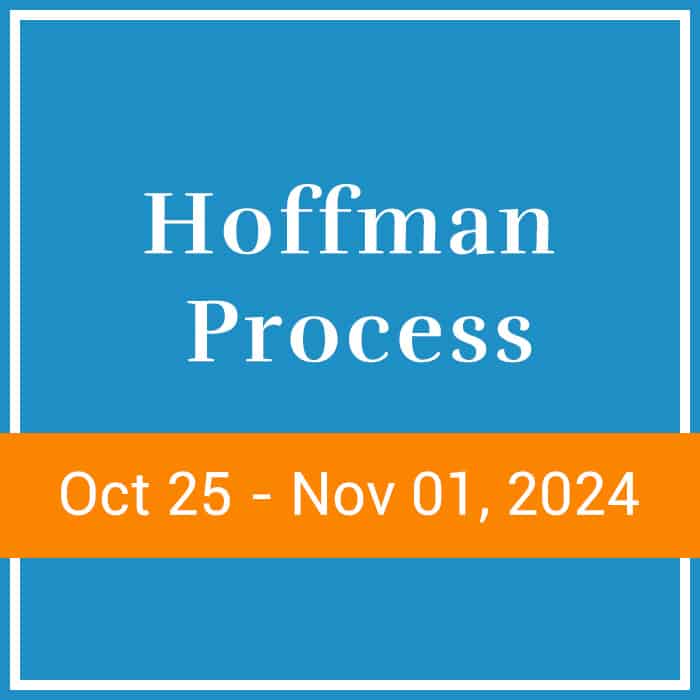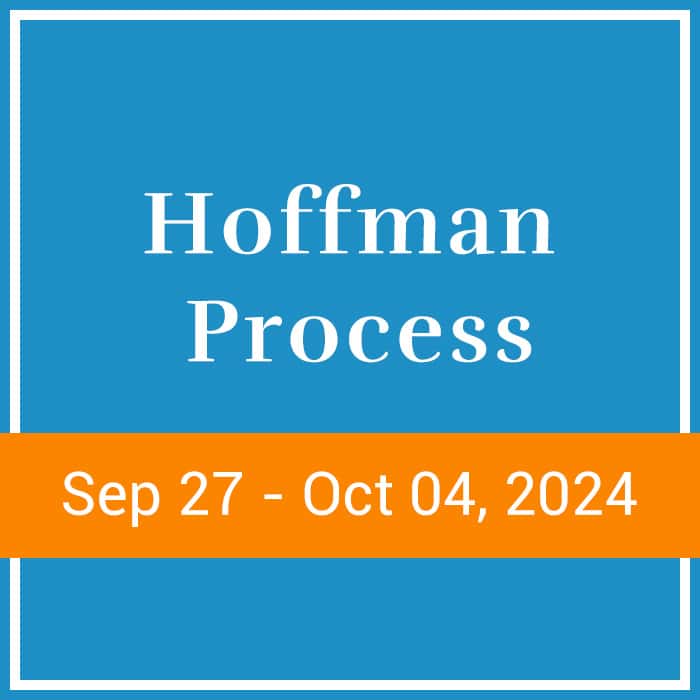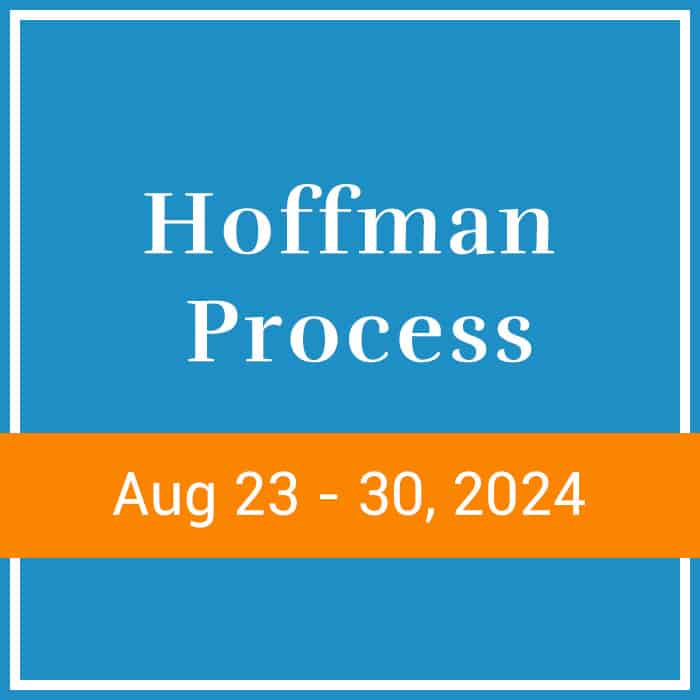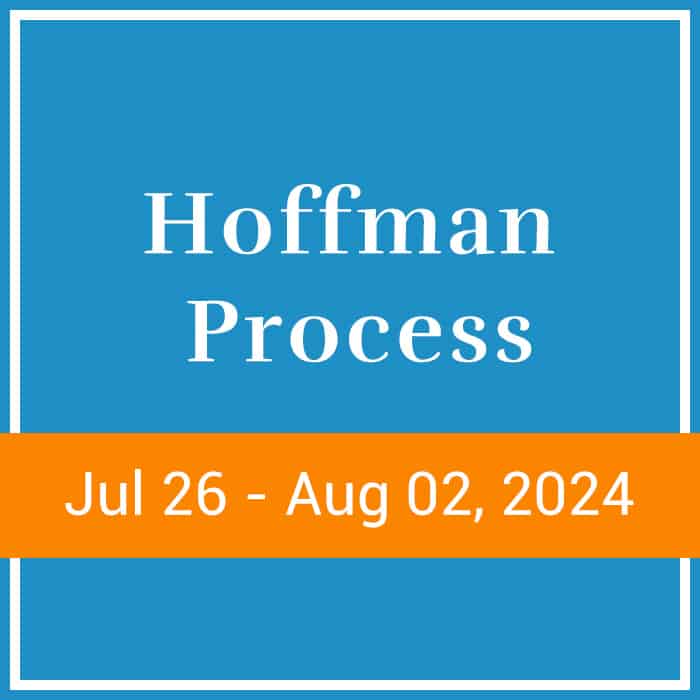With war raging in distant lands and floods hitting close to home, it’s easy to feel hopeless in the face of disaster. But each of us has the potential to make a difference in the lives of others. You may not be a politician, but your everyday actions count, from how you treat your neighbor to how you treat the planet. Simply put, if you want to change the world, you must start with yourself.
According to sociologist Elise Boulding, peace doesn’t depend on a society being peaceful as a whole. After all, we cannot control how other people behave and we shouldn’t have to. Instead, we should strive for ‘peaceableness’, which is an active and evolving process of discovering, practising, and promoting methods of peace in our daily lives. This means being mindful of the ways in which we deal with conflicts in our families, our workplaces, and in our local communities. While you might think the solutions to war and climate change require grand gestures alone, it’s important that you don’t underestimate the power of your own intentions and decisions.
Here’s how you can promote peace for global change:
1. Heal Your Family Trauma
Mother Teresa taught us that if we truly want peace in the world, we must begin by loving one another in our own families. But this can feel like an impossible feat if you have a strained relationship with your family members, or no relationship at all. One of the core pieces of work in the Hoffman Process is to trace our behavioural patterns back to our parents or caregivers, unearth unresolved trauma, and take steps to get the healing we deserve. By addressing your childhood trauma and acknowledging the lineage of suffering you carry, you learn how to break harmful cycles and finally disrupt intergenerational pain instead of passing it on to others.
2. Accept What You Cannot Change
As Goethe said, “Let everyone sweep in front of his own door, and the whole world will be clean.”
While you may not have the tools and resources to help your neighbors heal their childhood trauma or keep your entire city litter-free, you can heal your own trauma and make choices that are kind to the environment. When facing massive problems in the world, it’s important to accept what you cannot change and acknowledge what you can change.
3. Be Flexible
Many people are placated with simple principles: right vs. wrong, good vs. bad, etc. Black-and-white thinking clears up doubt and we either look to our leaders or our saviors to help us decide which side we should be on. But this kind of thinking only fuels divisiveness. Instead, we should align our actions with our values and live in a way that asserts these values positively to the immediate world around us. Consider the actions of the Northern Rivers communities when flooding struck. While there was much divisiveness in the community around COVID-19 protocols regarding mask mandates and vaccines, all of this fell away so that people could help each other get to safety. Identities seemingly fell away and the human spirit prevailed. Our ability to cooperate and have empathy has always helped us succeed as a species.
This article was contributed by Erica Garza. Follow @ericadgarza on Instagram
References:
www.thehill.com/opinion/white-house/535194-political-peace-starts-with-everyday-interactions/



